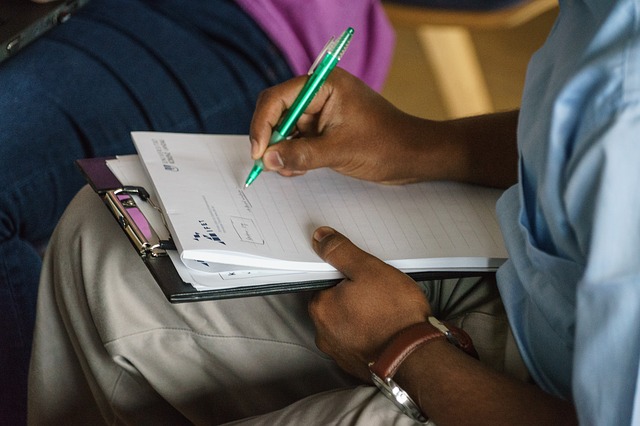"Betrayal of the Brave" – the plight of Afghani interpreters goes on.
Four of our recent blogs have highlighted the plight of Afghani interpreters who having served the UK’s interests in Afghanistan over many years, are now finding that obtaining asylum in the UK was proving difficult, and in many cases impossible.
The Daily Mail, supported by high-ranking chiefs of the armed forces, organised a petition (“Betrayal of the Brave”) to persuade the government to adapt a more humane policy towards these servants of the Crown. The petition has attracted nearly 200,000 signatures.
Now we learn of the suicide of one of these interpreters, Nangyalai Dawoodzai, who became depressed after the government refused him asylum, and told him that he would be deported back to Kabul where he and his family would almost certainly face death threats from the Taliban. (Daily Mail, May 1 2016).
An interpreter in Afghanistan takes his life in his hands. He knows that he will be forever a marked man, and it therefore seems extraordinary that after such service in such hazardous circumstances he could be bluntly refused asylum.
Lord Paddy Ashdown, who has been a stalwart champion of the interpreters’ plight, spoke of his dismay: ‘This is the most tragic example of a shameful Government policy.’ He went on: ‘These people will have been at the frontline day in, day out, with no break for years. Given the way they have been treated, who in the future will ever offer to be an interpreter to help British soldiers do their job when we treat those who have served our troops so scandalously?’
Lord Ashdown was supported by Dr Julian Lewis, chairman of the Commons defence select committee: ‘Many people will share my bafflement and concern that we seem unable to get rid of people who mean us harm and unwilling to take people who have served us loyally. If the facts of this case are as stated I hope that the defence committee will agree to press the UK authorities to take a more generous and enlightened attitude towards our former interpreters.’
David Cameron recently expressed his frustration at the number of foreign criminals in this country who seem to escape deportation by claiming their human rights have been infringed or that they have a “right to a family life”.
The Daily Mail article cited further tragic cases involving Afghani interpreters:
• Fazel Dijilane, 23, who was injured by a bomb while working for the British Army in Afghanistan, was revealed to be sleeping rough in the Calais Jungle in January.
• An Afghan interpreter known only as Ahmed had his asylum claim rejected after a judge ruled it was safe for him to go back to Kabul.
• Another Afghan military interpreter known as Popal by British troops was executed as he tried to reach the West after he was denied refuge by Britain.
• Interpreter Aslam Yousaf Zai was refused asylum despite believing that the Taliban would murder him and his family if he returned to Afghanistan.
• A 26-year-old interpreter known as ‘Chris’ by British troops was targeted by Taliban hitmen after he was refused asylum in Britain. He and his two-year-old son were shot but survived.
Obviously claims for asylum have to be carefully investigated, even from such apparently worthy sources as the interpreters, but overall, the government should be pre-disposed towards justice rather than the strict letter of the law.
The question that many of us will be posing is where are all the human rights lawyers in this? Where is Shami Chakrabarty, who is always quick to raise questions of human rights abuses particularly if they are allegedly committed by the government or the police?
As we speak, there are legal firms intensively searching through Afghanistan attempting to find people who have been allegedly tortured by British troops. The Guardian reports (May 12 2016): “Claims by more than 600 Iraqi civilians alleging that they were unlawfully detained and physically mistreated by British soldiers have been dismissed by the supreme court in London. The case, brought by the London law firm Leigh Day, focused on 14 test cases relating to complaints about mistreatment at the hands of British troops between 2003 and 2009.”
Of course such alleged mistreatment needs to be investigated but couldn’t these lawyers find a genuine moral case – the Afghani interpreters – which might just rescue the public’s increasingly sceptical view of the activities and priorities of human rights lawyers?
Of all professions in the UK at the moment, human rights must be the most popular and most eagerly sought after, with the possibility of Hollywood glamour as a desirable perk. Have all these lawyers simply lost interest in taking up moral issues, preferring instead to defend, usually at public expense, people who have only contempt for Western values?
Interested in our interpreting services? Click here



